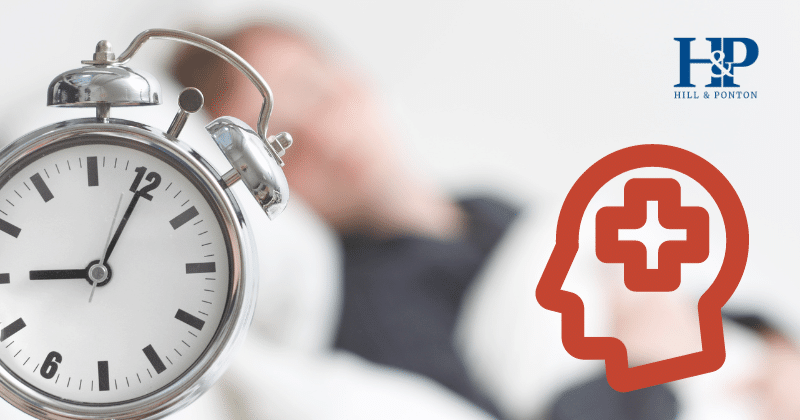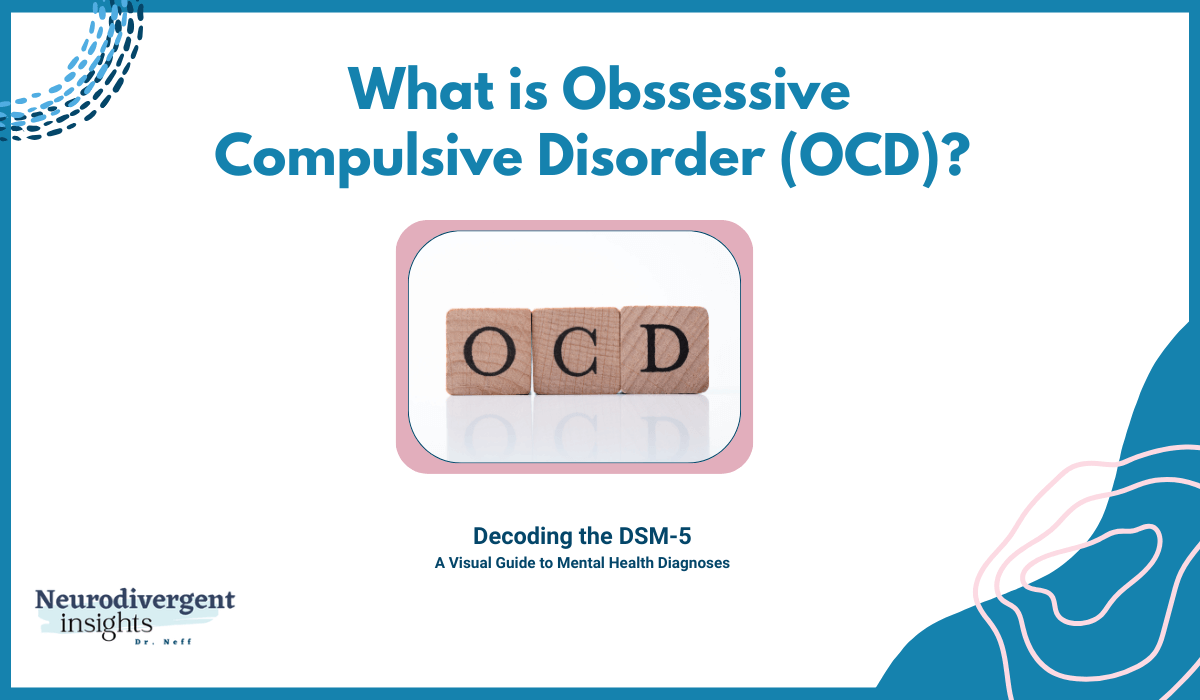Which Mental Health Pro Prescribes Meds? Decode Now!
Psychiatrists are the mental health professionals most likely to prescribe medication. They hold medical degrees with specialized training in psychiatry.
Navigating the various types of mental health professionals can be daunting. Understanding who prescribes medication simplifies the search for the right care. Psychiatrists, as medical doctors, administer pharmaceutical treatments for mental health disorders. Their expertise in mental health and pharmacology makes them uniquely qualified in this realm.
Other mental health professionals, like psychologists or therapists, typically focus on psychotherapy and cannot prescribe drugs. Patients often consult psychiatrists for diagnoses, medication management, and comprehensive treatment plans that may include therapy. Finding the right psychiatrist is a crucial step for those seeking medication as part of their mental health treatment.
Mental Health Professionals Landscape
The landscape of mental health professionals is diverse. Each professional has different roles and responsibilities. Psychiatrists often have the authority to prescribe medication because their education includes medical school and psychiatric residency. Their training focuses on mental disorders and treatment with medication.
Psychologists, on the other hand, typically hold a doctoral degree in psychology. They provide therapy and psychological testing but cannot prescribe medication in most states. Their expertise lies in behavioral therapy and counseling.
| Professional | Prescribe Medication | Education |
|---|---|---|
| Psychiatrists | Yes | Medical Degree |
| Psychologists | No | Doctoral Degree |
Social workers and counselors usually have a master’s degree. They provide support and therapy. But they do not prescribe medication. Each professional plays a unique role. Together, they support mental health.

Credit: www.hillandponton.com
Psychiatrists: The Medication Experts
Psychiatrists hold the unique position of being able to prescribe medications for mental health conditions. This capability stems from their comprehensive medical training and degree. Individuals in this profession undergo years of education in medical school followed by a residency, which equips them with an extensive understanding of the human body, mental disorders, and the pharmacological treatments available.
These mental health professionals must obtain a medical license to practice, which is a testament to their authority to prescribe medication. Unlike psychologists, counselors, or therapists, psychiatrists’ medical education is a requirement, allowing them to evaluate, diagnose, and treat psychiatric disorders medically.
Psychiatric Nurse Practitioners
Psychiatric nurse practitioners (NPs) hold advanced degrees in nursing. They often specialize in mental health. They have the education and authority to diagnose and treat mental health issues.
Many states grant full prescriptive privileges to these advanced practice nurses. This means they can prescribe medications like a doctor. Their role fills a vital gap, particularly in underserved areas.
| Level of Practice | Ability to Prescribe |
|---|---|
| Psychiatric NPs | Can prescribe medications in most states |
| Advanced Practice Nurses | Prescriptive authority varies by state |
Psychologists And Psychotherapy
Psychologists focus intensely on psychotherapy and various forms of non-medical treatment. They study the human mind and behavior deeply. These professionals help people cope with life issues and mental challenges. A psychologist’s main tools are talk therapy and counseling.
They do not prescribe medication as they do not have medical degrees. Their work shines in understanding and adjusting human behavior without meds. Licensed psychologists hold advanced degrees in psychology. They offer support primarily through therapy sessions to improve mental health.
They cannot prescribe medication in most states. A few states allow prescription privileges after extra training. But this is not common. Medication management remains mainly with psychiatrists.
Primary Care Physicians And Mental Health
Primary Care Physicians (PCPs) often serve as the first contact for individuals seeking help. These doctors address a wide range of health concerns. They can also spot signs of mental health issues.
During regular health check-ups, PCPs may notice changes in a patient’s mood or behavior. Mental health screenings can happen during these visits. When signs of anxiety, depression, or other conditions appear, PCPs may step in.
Mild to moderate mental health problems might lead to prescribing medication. Antidepressants or anti-anxiety drugs are common choices. For more severe cases, they refer patients to psychiatrists who specialize in mental health treatment.
Collaborative Care Models
Collaborative care models embrace an integrative approach to mental health treatment. In these settings, various professionals work together to deliver comprehensive care. By combining expertise, they ensure that all aspects of a patient’s well-being are addressed.
Psychiatrists often lead team-based treatment decisions, bringing their specialized knowledge in medication management to the table. Working closely with psychologists, therapists, and general practitioners, psychiatrists are the most likely to prescribe medications due to their medical training.
The team discusses each case collectively, considering both therapy and medication. This in-depth collaboration aims to create a treatment plan tailored to each individual’s unique needs. The goal is to provide the most effective support for mental health wellness.
State Laws And Prescribing Powers
Prescribing medication for mental health concerns depends on state laws and licensing. Not all professionals can give you medicine. Psychiatrists, having completed medical school, are most likely to prescribe. In some areas, Psychiatric Nurse Practitioners also have this power.
Advanced Practice Registered Nurses (APRNs) can prescribe in select states with specific rules. Clinical psychologists with extra training might prescribe in a few places. This rule diversity affects how easy it is to get mental health meds.
Some regions have fewer prescribers, making it hard to find help. Others might let therapists without MDs give meds. This can shorten wait times. Always check local laws for who can assist in your area.
Selecting The Right Professional For Your Needs
Understanding your mental health condition is a vital step. One must determine who is qualified to prescribe medication. Psychiatrists, often with extensive training, can offer prescriptions.
Different experts like psychologists or therapists might not have these powers. Their focus lies in counseling and therapy. It is crucial to identify the professional needed for your mental well-being. The most appropriate choice will depend on your specific needs and the severity of your situation.
It’s essential to ensure that the professional you select is licensed to prescribe medication. This is a critical factor for your health journey.
Alternative Routes And Complementary Therapies
Seeking mental health support? Non-medical interventions can offer relief. These options focus on healing without medication. Holistic health considerations play a key role here, embracing the body, mind, and spirit.
Many patients explore therapy, mindfulness, and lifestyle changes. Practices like yoga, meditation, and nutrition adjustments are common choices. Emotional support animals also provide unique healing benefits.
Some believe in the power of art and music therapy. These creative outlets foster expression and coping. Community support groups offer a space to share and grow together. Through such routes, healing begins from within.

Credit: neurodivergentinsights.com

Credit: www.police1.com
Frequently Asked Questions For Which Type Of Mental Health Professional Is Most Likely To Prescribe Medication?
Which Mental Health Professional Is Most Likely To Prescribe Drugs?
Psychiatrists are the mental health professionals most likely to prescribe medication. They hold medical degrees and can prescribe drugs as part of treatment.
Which Mental Health Professional Is Involved When A Person Requires Medication?
A psychiatrist prescribes medication for mental health treatment. They combine drug therapy with counseling and psychotherapy as needed.
Which Of The Following Mental Health Professionals Is Licensed To Prescribe Medicine?
Psychiatrists are mental health professionals licensed to prescribe medication. They hold medical degrees and specialize in mental health treatment.
Which Mental Health Professional Is Also A Physician And Can Prescribe Medication?
A psychiatrist is a licensed physician who specializes in mental health and has the authority to prescribe medication.
Conclusion
Navigating the landscape of mental health care can be complex. Among professionals, psychiatrists are best equipped to prescribe medication. They blend expertise in psychology with a medical background. This knowledge positions them to manage pharmaceutical treatments effectively. Always consult a licensed practitioner for personalized advice on mental health concerns.

